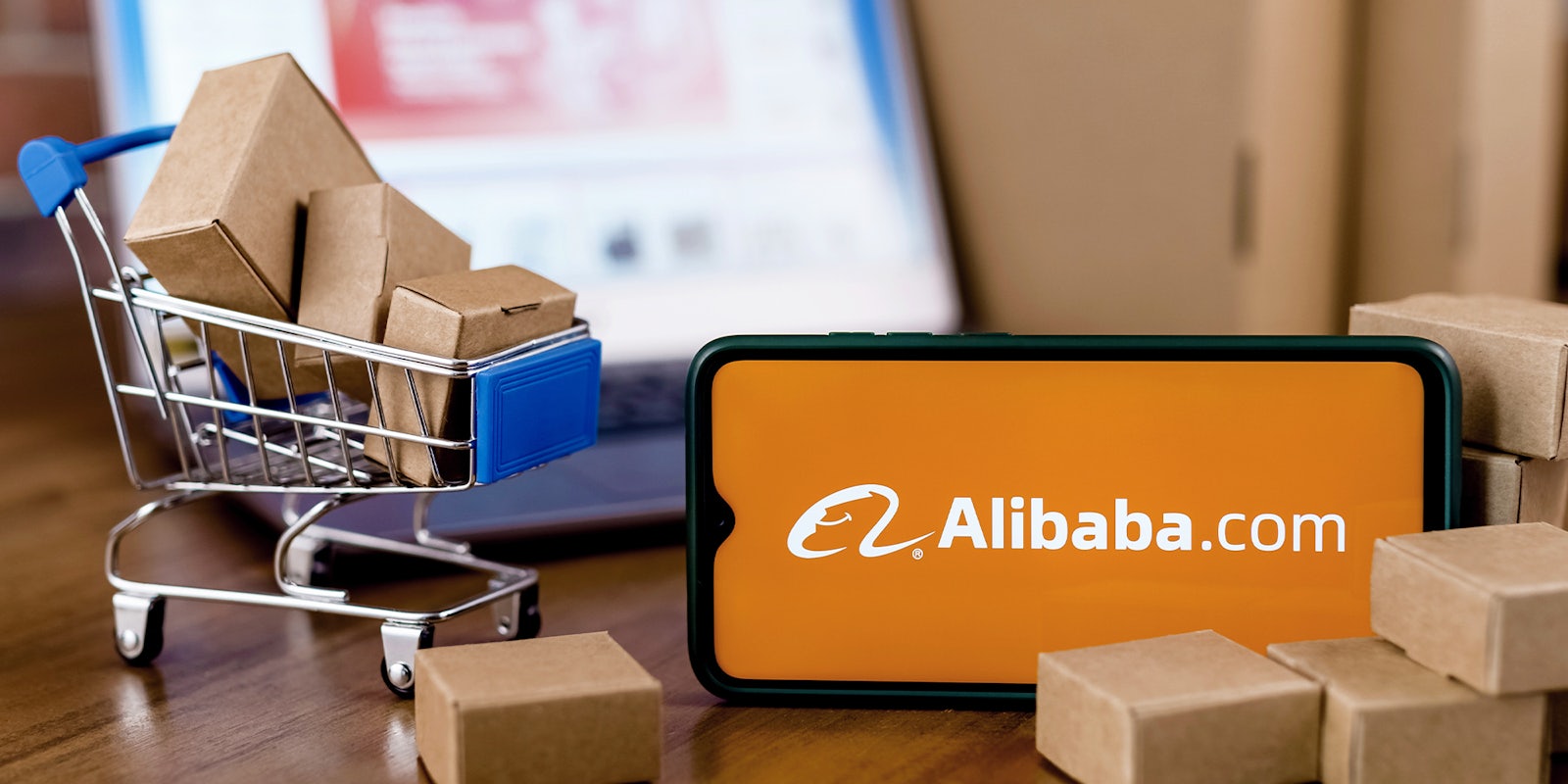Alibaba is one of the largest online commerce businesses. Last year alone, its online sites reached $248 billion. By some barometers, it’s even bigger than Amazon.com. But is Alibaba legit?
Many Americans are only now learning about Alibaba, China’s preeminent technology company specializing in e-commerce, retail, and internet tech.
As the company’s online footprint grows more extensive, many consumers are asking themselves if the company is safe or not.
The short answer is that Alibaba is definitely a legitimate company. Its September 2014 U.S. IPO raised $25 billion and made it one of China’s most valued public companies. However, consumers should still use a modicum of caution when it comes to their services. Just like Amazon, Alibaba uses myriad third-party retailers, and the occasional bad actor and scammer will still present an occasional risk.
We’ll tell you the best practices for avoiding scammers but first, let’s discuss what Alibaba is.
What is Alibaba? And is Alibaba legit?
Alibaba was founded in 1999 by Chinese entrepreneur Jack Ma and associates. The company began as a business-to-business (B2B) marketplace and eventually moved into consumer-to-consumer (C2C), and business-to-consumer (B2C) sales.
According to Techboomer.com, the platform “connects manufacturers and wholesalers in China to individuals and businesses around the world looking to trade or resell. Users buy products for their business and then use or re-sell them, or sign up to be a supplier looking to use Alibaba as a selling platform.”
You can use Alibaba as a wholesaler, retailer, or supplier.
How to avoid getting scammed on Alibaba
Alibaba is just as prone to scams as any other site that deals with third parties. In other words, you’re just as likely to get scammed there as you would be on eBay or Amazon. (Or, if you’re wondering is Alibaba legit, it’s as legit as eBay or Amazon if you’re dealing with non-scammers, and problematic like those other platforms if you are.) Using common sense will go a long way to avoid a scammer’s trap.
The main thing to keep in mind: If something sounds too good to be true, it almost certainly is. Taht means:
- Avoid any “great deal’ on popular Western electronics or clothing brands. You stand a good chance of receiving a knock-off product instead.
- A little due diligence goes a long way when it comes to knowing who you are buying from. Research the third-party supplier beforehand. On the Alibaba site, you can click Contact Now or Chat Now / Leave Messages to contact the supplier directly.
- Never deal with a third-party dealer outside of the site. A dealer asking for a backchannel payment is practically a guarantee of an attempted scam.
Here are some other tips to ensure your experience on the site is safe and satisfying.
Alibaba Trade Assurance
Alibaba Trade Assurance is a free program offered by the site. Users pay for their orders directly through Alibaba, which holds the payment in escrow until the product is received. Unfulfilled orders are refunded by Alibaba after a mediation process is attempted.
Verified Gold Suppliers
Verified Gold Suppliers have a paid account with Alibaba and are verified by the site as a registered business. While verification doesn’t provide a total guarantee that a supplier isn’t a scammer, any supplier that has been verified as gold for several years is a very safe bet to deal with.
Secure Payment
The “Secure Payment” verification found underneath an item’s ordering options is insurance that your payment will not be processed until you get your order. it also means that you will receive a refund if the order never arrives (or is unduly late) or if the item is significantly different from its online description. If you do not use Trade Assurance, make sure you look for the Secure Payment guarantee.
Using common sense, and using accredited sellers should ensure that your experience with Alibaba is as satisfying as it is on Amazon or eBay.


